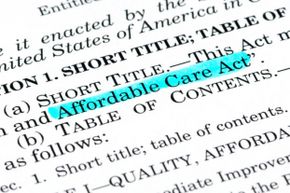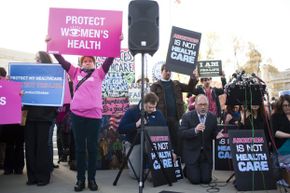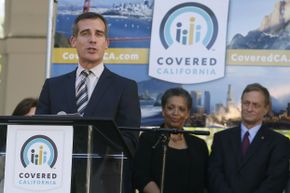For years, health-care reform legislation has been one of the most talked-about subjects in the U.S. It's almost impossible for the public to ignore; the president, pundits and protesters put the health care debate front and center. You'd think that after all that talking, everyone would have a good idea about what's actually in the health care bill that was signed into law in March 2010. However, three years after the law took effect, only 25 percent of Americans claimed to understand the law's impact on themselves and their families -- and as many as 33 percent admitted they had little to no knowledge of the law [source: Page].
Myths and speculation abound regarding the law's actual contents -- what exactly is in the more than 2,000 pages of legislation? The Patient Protection and Affordable Care Act is supposed to reform insurance company policies, including things like making sure you're not refused coverage for pre-existing conditions or given a lifetime cap on service once you get sick. The law also requires that every American have health insurance coverage, and that every employer provide it. It's not always that black and white, though, and the law also outlines subsidies and exemptions to these rules. It also requires each state to set up an insurance exchange for individuals and small businesses to select their coverage. But what do such reforms mean for you? And can the government even do that?
Advertisement










